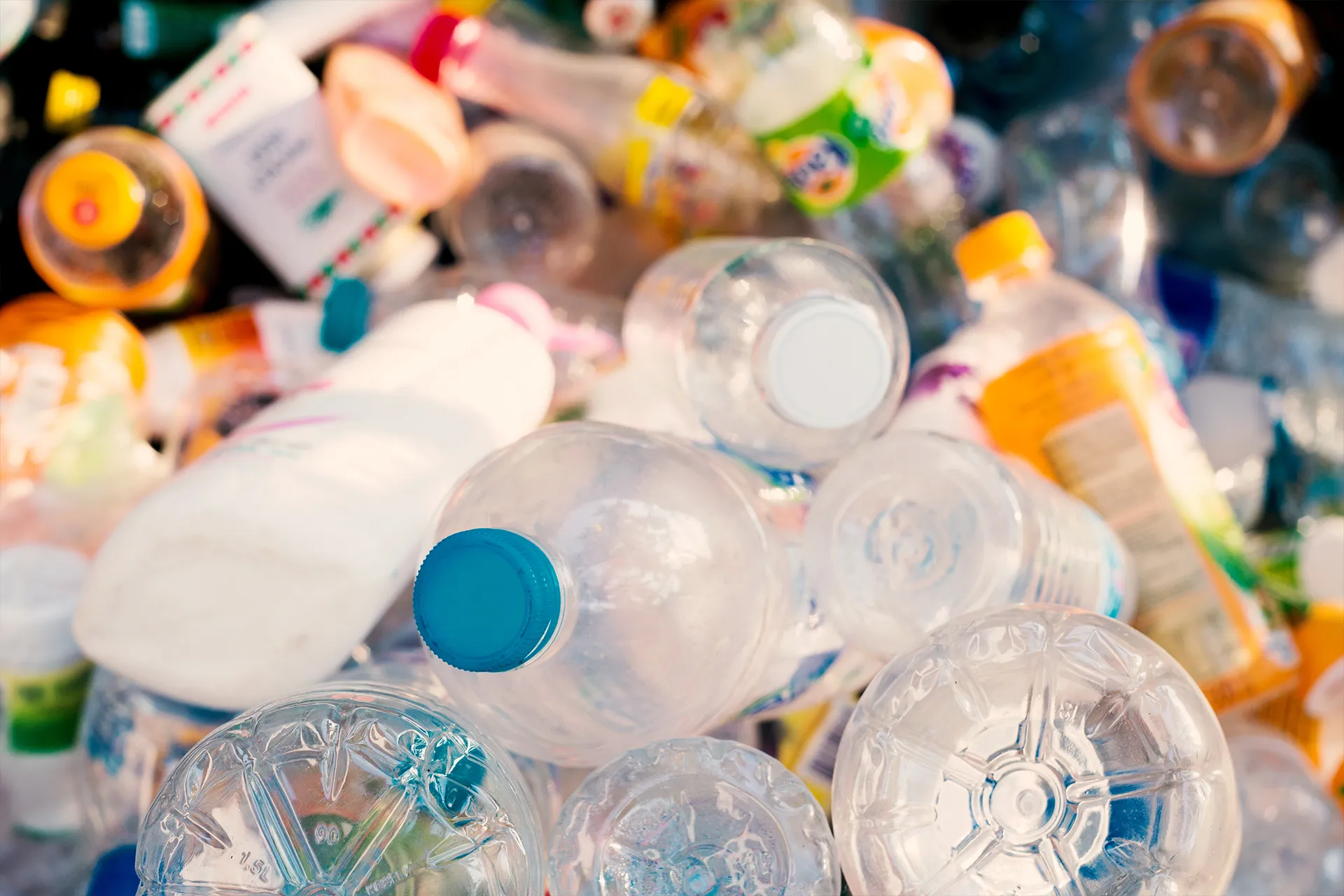
Landfill Realities: How EcoPure® Works Where Plastics Actually End Up
Plastic pollution is a global challenge, and while recycling and composting are part of the solution, most plastics never make it to those channels. In fact, the majority of plastic waste worldwide ends up in landfills. This reality raises an important question for manufacturers: how do plastics behave in the disposal environments they are most likely to reach? EcoPure® was developed with this exact challenge in mind.
Why Landfills Matter in Plastic Biodegradability
Recycling infrastructure is limited, with only a small percentage of plastics successfully reprocessed into new products. Composting, while promising, is only effective for specific resins and requires industrial facilities that are not widely available. That leaves landfills as the final destination for most plastic waste.
Traditional plastics degrade extremely slowly in these environments. The chemical structure of polymers like polyethylene and PET resists microbial attack, meaning bottles, bags, and packaging can remain intact for hundreds of years. This persistence is at the heart of today’s plastic waste crisis.
How EcoPure® Works in Landfill Conditions
EcoPure® is an organic additive blended into plastics during manufacturing. It does not alter the product’s performance, strength, or recyclability, but it does change how the plastic behaves once discarded.
When EcoPure®-treated plastics reach biologically active landfill environments, the additive triggers a series of chemical and biological processes:
- Biofilm Formation: Ingredients in EcoPure® help create a surface biofilm, allowing microorganisms to colonize the plastic.
- Polymer Chain Access: The additive makes sections of the plastic’s carbon backbone accessible to microbes.
- Microbial Digestion: Microbes break down the polymer bonds and consume the carbon, releasing it as CO₂ under aerobic conditions or methane in anaerobic landfill environments.
- Final Byproducts: Instead of lingering as microplastics, the material converts into biomass, biogas, and naturally occurring elements.
This process has been validated through internationally recognized test methods such as ASTM D5511 (anaerobic biodegradation) and ASTM D5338 (composting conditions).
Biodegradation Timelines Compared
EcoPure® doesn’t make plastics instantly disappear — but it significantly accelerates biodegradation compared to untreated plastics. While a standard plastic bottle might take centuries to show meaningful breakdown, EcoPure®-treated plastics demonstrate measurable biodegradation in months or years depending on resin type and landfill conditions.
Long-term testing has shown PET bottles, PE bags, and PS coffee lids treated with EcoPure® achieving over 60% biodegradation in anaerobic test environments. These results provide manufacturers with credible data for sustainability reporting.
One of the most common critiques of “biodegradable” plastics is that many solutions only function under idealized conditions, such as industrial composting facilities. EcoPure® addresses this gap by targeting the environment where most plastics actually end up: landfills.
By ensuring that plastics can break down in biologically active landfills, EcoPure® provides a realistic solution to reduce long-term environmental impact while complementing recycling and composting efforts.
Why This Matters in Plastic Manufacturing
For brand owners and manufacturers, landfill realities should drive sustainability strategies. Consumers, regulators, and retailers are all scrutinizing packaging claims more closely, demanding proof of real-world impact. Incorporating EcoPure® into plastic products offers several advantages:
- Alignment with disposal realities rather than idealized recycling rates.
- Scientifically validated biodegradation testing to support marketing and compliance.
- A practical step forward in reducing plastic persistence without requiring infrastructure changes.
The reality is clear: most plastic waste ends up in landfills. EcoPure® recognizes this truth and provides a science-backed way to ensure plastics biodegrade in the environments they are most likely to reach. For manufacturers seeking to align sustainability goals with real-world conditions, EcoPure® offers a practical, proven pathway to reducing plastic’s long-term footprint.


